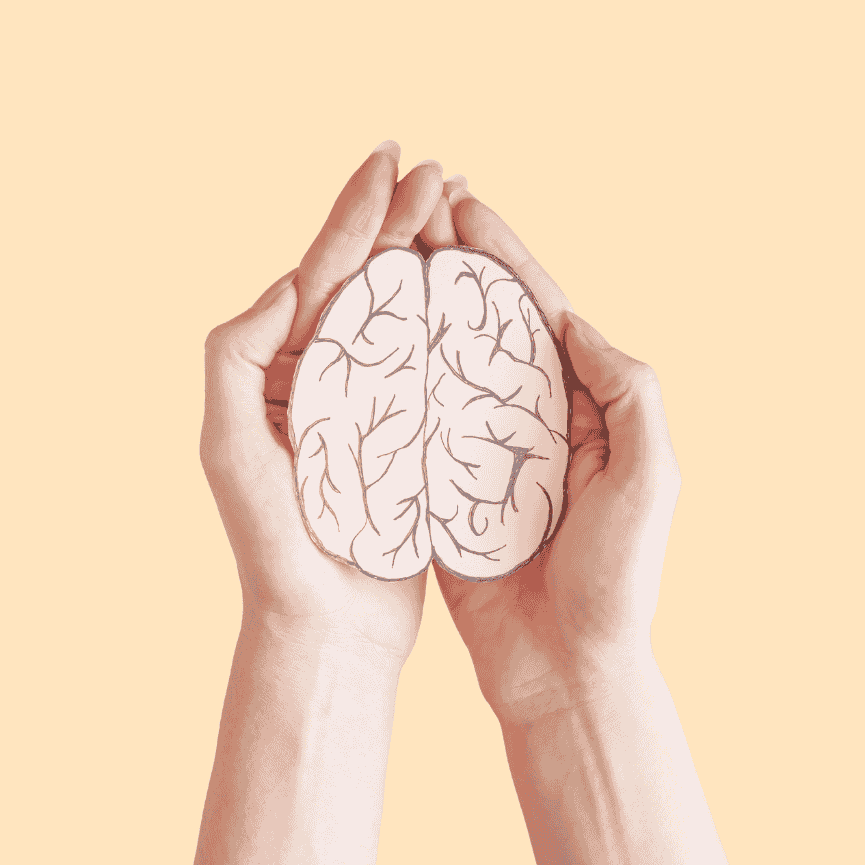
- Sep 09, 2024
- 102 Views
- 0 Comments
Holistic Strategies For Supporting Mental Health In Autism
Supporting the Mental Health of Autistic Children: A Holistic Approach
Raising and supporting a child with autism can be an incredibly rewarding journey, but it comes with its own set of unique challenges, especially when it comes to mental health. Autistic children often face emotional, social, and psychological hurdles that can impact their well-being. Understanding how to support their mental health through a holistic approach can make a significant difference in their development and happiness. In this article, we’ll explore the mental health challenges autistic children face, and outline practical, holistic strategies for fostering emotional well-being.
What is Autism?
Autism Spectrum Disorder (ASD) is a developmental condition that affects how a person communicates, interacts socially, and perceives the world around them. It is referred to as a "spectrum" because it affects individuals differently, with some experiencing mild symptoms while others may have more significant challenges.
The Importance of Early Diagnosis
Early diagnosis of autism is key to providing effective support. Identifying the signs of autism at an early age can lead to quicker intervention, allowing for better management of emotional and behavioral challenges. Recognizing the condition early on also allows families to plan for the future and explore treatments that support a child's mental health.
Mental Health Challenges in Autistic Children
Anxiety and Depression in Autistic Children
Many autistic children experience anxiety or depression due to difficulties with communication and social interaction. These feelings can stem from frustration in social situations or feeling misunderstood. Without proper support, these mental health issues can escalate, further impacting a child's overall development.
Sensory Processing Issues and Emotional Regulation
Autistic children often face challenges related to sensory processing, where they may feel overwhelmed by loud noises, bright lights, or certain textures. This sensory overload can lead to emotional meltdowns or anxiety. Difficulty with emotional regulation is a common issue, making it harder for children to cope with stress and frustration.
A Holistic Approach to Mental Health
What Does 'Holistic' Mean in Mental Health?
A holistic approach to mental health looks at the child as a whole rather than focusing solely on symptoms. It considers their emotional, physical, social, and environmental needs. Instead of treating one aspect of the child’s challenges, a holistic approach incorporates various forms of therapy, lifestyle changes, and support systems to promote overall well-being.
How Holistic Care Benefits Autistic Children
Holistic care benefits autistic children by addressing multiple aspects of their lives. This approach can include therapy, family involvement, and creating a supportive environment. By treating the "whole child," rather than just focusing on their autism diagnosis, holistic care helps improve mental, emotional, and physical health.
Practical Strategies for Supporting Mental Health
Therapy and Counseling Services
One of the most effective ways to support the mental health of autistic children is through therapy and counseling.
Cognitive Behavioral Therapy (CBT)
CBT is a common type of therapy used to help children understand and manage their thoughts, feelings, and behaviors. In autistic children, CBT can help them cope with anxiety, understand social cues, and regulate their emotions.
Speech and Occupational Therapy
Speech therapy helps autistic children improve communication skills, which can reduce frustration and anxiety. Occupational therapy focuses on developing life skills that enhance a child’s independence and emotional regulation.
Mindfulness and Relaxation Techniques
Mindfulness exercises can help autistic children learn how to manage their emotions and stay calm during stressful situations. Simple breathing exercises, yoga, or guided relaxation can have a profound effect on a child’s mental health by reducing anxiety and promoting relaxation.
Creating a Safe and Predictable Environment
Autistic children thrive in environments that are structured and predictable. By creating consistent routines and clear expectations, parents can help reduce anxiety and provide emotional stability. Having a calm and organized home environment also plays a role in minimizing sensory overload.
The Role of Parents and Caregivers
Building Emotional Support Systems
Parents and caregivers play a crucial role in supporting their child’s mental health. Offering emotional support through understanding, patience, and consistent communication is vital. Encouraging open dialogue and validating the child’s feelings helps create a safe emotional space.
The Importance of Self-Care for Caregivers
Supporting an autistic child can be emotionally and physically taxing for caregivers. It’s essential that caregivers take time for their own mental health and self-care. This not only benefits the caregiver but also enhances the support they can provide to the child.
The Role of Schools and Educators
Providing Inclusive Education
Schools play an important role in supporting the mental health of autistic children by offering inclusive educational settings. Educators who understand autism can tailor lessons and social interactions to help the child feel more comfortable and included in the classroom.
Building a Supportive School Environment
A supportive school environment goes beyond academics. Schools can provide counseling services, peer support programs, and quiet spaces where children can decompress. These initiatives help autistic children manage anxiety and emotions in an often overwhelming school setting.
Working with Healthcare Providers
Collaboration Between Parents and Healthcare Professionals
Working closely with healthcare providers, such as pediatricians, psychologists, and therapists, ensures that the mental health needs of autistic children are being met. Regular communication between parents and healthcare professionals leads to coordinated care that addresses all aspects of a child’s health and well-being.
Addressing Stigmas and Misconceptions
Breaking Down Social Barriers
Despite increasing awareness, many autistic children face stigma and misconceptions about their condition. It’s crucial for society to break down these barriers by fostering understanding and empathy. Addressing these stigmas in schools, communities, and workplaces can help reduce the mental health struggles that arise from feeling isolated or misunderstood.
Supporting the mental health of autistic children requires a holistic approach that considers every aspect of their well-being. By addressing their emotional, physical, and environmental needs, we can create a supportive framework that promotes positive mental health. Parents, caregivers, schools, and healthcare providers all play a vital role in fostering a nurturing environment where autistic children can thrive.



Comments - 0 comments till now